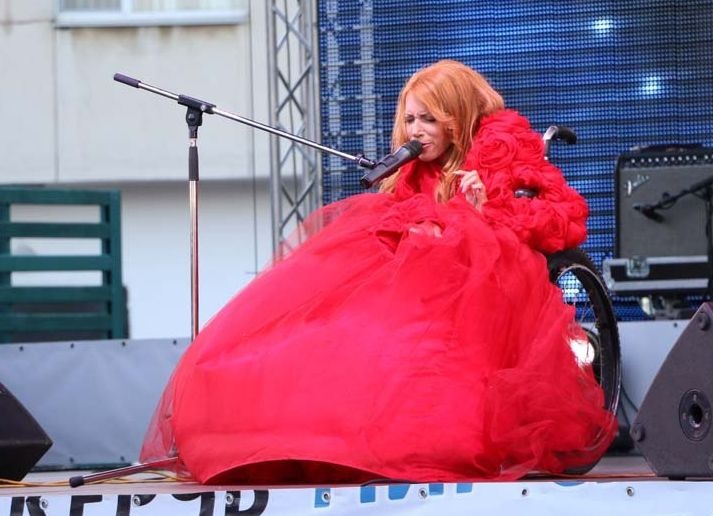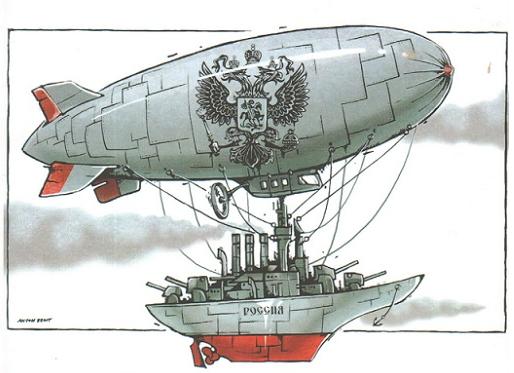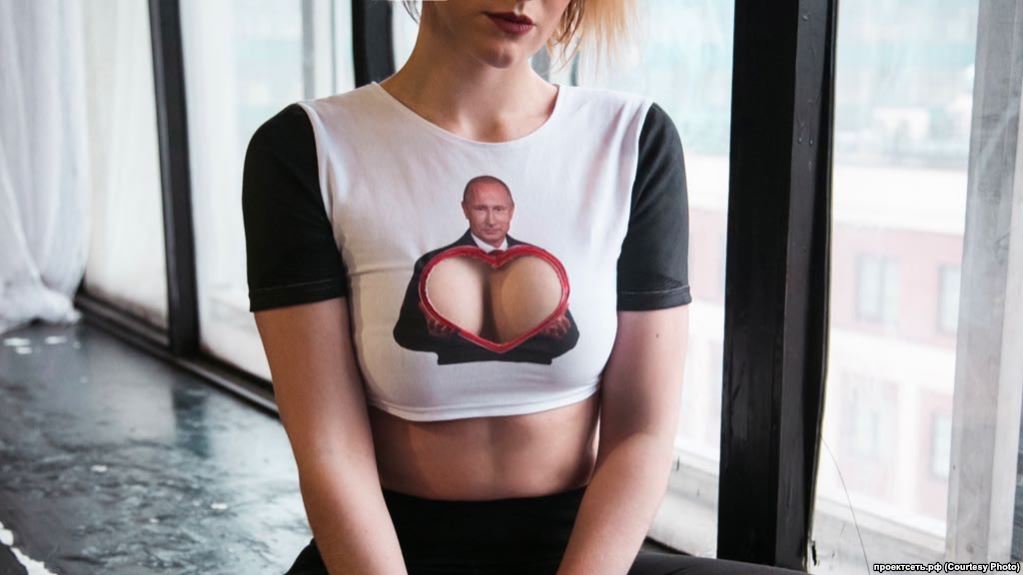On 22 March 2017, Ukraine's security service banned entry to Russia's Eurovision participant Yulia Samoilova over her performance in occupied Crimea which violated Ukrainian laws on entering Crimean territory. The European Broadcasting Union (EBU) responded with a statement outlining their "deep disappointment" with the decision. Here we publish a letter from one of our readers answering the EBU.
Subject: Open letter in protest against EBU statement
Mr Jon Ola Sand; the ESC steering committee, the EBU Director General's Office, representatives of EBU member countries, Eurovision.tv team
Dear Mr Sand,
Dear representatives of EBU,
I would like to express my dissatisfaction and protest over your press release "regarding Russia's participation in the 2017 Eurovision Song Contest.
"
In this release, you write:
"We have to respect the local laws of the host country, however we are deeply disappointed in this decision as we feel it goes against both the spirit of the Contest, and the notion of inclusivity that lies at the heart of its values."
Inclusivity is an important value of ESC, indeed. Another one is peace. A "peaceful joining together" requires good will from all sides. This is not the case, when the representatives of one country (not by public vote, but a committee) deliberately choose a candidate known to have violated the host countries laws, in order to put the host country into an embarrassing situation. This gets even more cynical when exploiting inclusivity.
In fact, the decision of the Ukrainian security services has nothing whatsoever to do with inclusivity - as you surely know, other Russian candidates with special needs who did not violate Ukrainian laws would have been and will be accepted. By connecting this decision with disability but not with its motivation, the EBU is not fostering the cause of people with special needs, it is playing into the hands of those who objectify those who should be included.
We are not talking about a minor violation here, like parking at the wrong place. By publicly performing in an occupied region shortly after occupation, without respecting Ukraine's sovereignty, the candidate supported an armed occupation of the host country - a military annexation sharply criticized by the overwhelming majority of EBU countries in repeated UN resolutions. As you can see from these resolutions, the annexation was accompanied by acts of violence, such as torture and premeditated murder.
If rejecting this specific candidate for reasons completely unrelated to her special needs is considered to be "against the notion of inclusivity," I wonder how EBU reconciles military aggression and occupation with Eurovision's core values?
As a broadcasting union, I expect your members to be well informed about current affairs. How can the EBU in its press statement show disappointment about the violation "of core values" by one member, but does not with a single word mention the violation "of core values" which stands behind the action of the host country, the context which motivated the decision in the first place?
Human rights cannot be played off against each other - and I expect the EBU and the Eurovision Song Contest to steadfastly stand up for all of them, instead of becoming a token in political games.
With deep disappointment and best regards -
Tobias Weihmann
Human rights activist





